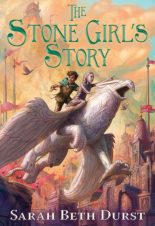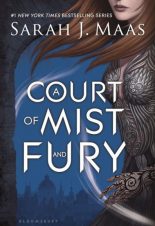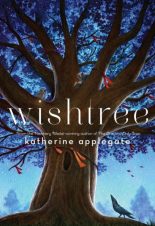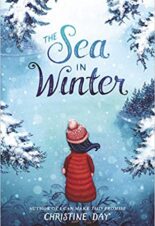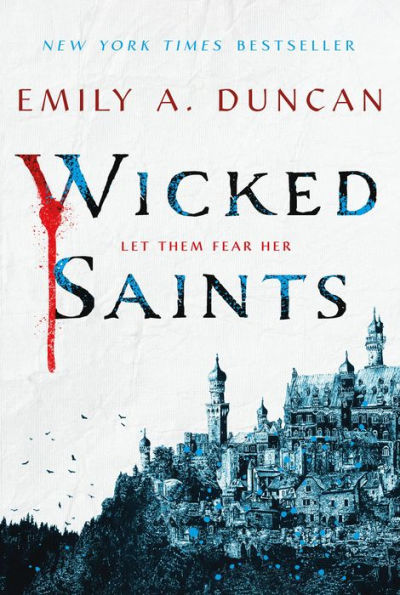
Buy This Book
"I have had the gods chattering in my head my whole life. I’ve had this. . . this destiny hovering over me and I think the least I can ask for is the choice in how I see it into being,” Nadya. –Wicked Saints
Wicked Saints
Something Dark and Holy #1
by Emily A. Duncan
AR Test, Strong Female
13+
Score
5.6
400
The war between gods-fearing Kalyazin and heretical Tranavia has gone on for a hundred years. The war began over differing views on the pantheon of gods that once ruled over the two countries: for Kalyazin, the gods are still meant to be revered and feared, while the Tranavia believe they are nothing more than myths or at the very least demons fooling the silly humans that worship them. While the gods and divine magic reign supreme in Kalyazin, blood magic takes hold of Tranavia.
Nadya Lapteva is the last Kalyazin cleric, the last of her kind able to speak with the gods and use their power. When her home is destroyed by Tranavia’s army, she makes it her mission to turn the tide of war and bring the gods back into the heart of Tranavia. Yet she can’t bring the gods back to a heretical country all on her own. Serefin Melesku, High Prince of Tranavia, may have been the one to destroy Nadya’s home and thrust her into a desperate decision, but he has his own part to play in Tranavia’s future. As a general on the war front, Serefin has become renowned for his magical prowess, highlighting his father’s weak abilities. But once the King calls Serefin home to choose a bride, he knows his father is up to something – something that could very well put him in mortal danger.
As Nadya and Serefin contend with the burdens placed on their shoulders, they get closer and closer to changing the world indefinitely. Magic swirls, monsters come out of the shadows, and neither mage will be able to stop what’s coming to shape the world.
Told from a first-person point of view from Nadya’s and Serefin’s separate journeys, the story explores themes of worship, religious skepticism, and hunger for power. Nadya and her companions are constantly debating whether the gods are worth the effort of worship and whether they’re truly gods. The idea of power revolves around this constant discussion; Nadya and Serefin question where their power comes from and why it’s even needed in the first place.
Both Nadya and Serefin are excellent main characters that carry the bulk of the story. Both are believable and relatable. They make decisions that will cause the reader to root for them during their journeys. The overall plot is full of action. While that action can often get bloody, it’s not overly complicated, and it’s full of discourse about the way religion and magic play into both countries. Religion and magic are tied to each other, and when the final twist of the story is revealed, it leads to a satisfying conclusion.
Kalyazin could be easily seen as a picturesque, pagan Russia with its more rigid religious culture. Tranavia could be viewed as inspired by the Polish warrior spirit that fights for its own power and glory. While the book is recommended for ages 13 and up, some younger readers may be disturbed by the many images of blood, whether that blood comes from violent fights or from the simple fact that mages in Tranavia use their own blood to use their magic. However, readers interested in religion and magic will find that Wicked Saints is a great story from start to finish.
Sexual Content
- During a battle at the monastery where Nadya grew up, her friend Kostya tries to lead her to safety. Once he does, Kostya “kissed her forehead, lips warm, slipping something cold and metallic against her palm.”
- Serefin, the High Prince of Tranavia, thinks about the old woman that binds his spellbooks. “He could never figure out if she treated him like a long dead son or lover. He was disturbed he couldn’t tell the difference.”
- Nadya, the main heroine of the novel, meets Malachiasz, who is a runaway Tranavian soldier. Malachiasz “reached down and took Nadya’s hand, pressing it to his lips as if he were a court nobleman and not a renegade blood mage out in the middle of enemy territory.” Later when the two escape, Nadya notices him more. “He had a soft mouth and his nose was stately. His face was lovely, all the feral, unsettling qualities absent when he wasn’t awake. She wasn’t pleased with herself for noticing, especially not now.” Nadya starts to fall in love with Malachiasz. “Why—after being so furious with him—did she find herself desperately yearning to kiss him?”
- When Serefin is summoned home from the war front, it’s because of the Rawalyk, which is “the ceremony to choose a royal consort.” As Serefin puts it, “I have to go home and get married.” Later when Serefin is waking from a hangover, his friend Kacper tells him, “You promised Felicíja Krywicka the entire western reaches as a wedding gift.”
- When Nadya admits her love to Malachiasz, despite it being heresy, they make out. Malachiasz’s “hands gripped her waist as he pulled her closer. He broke away, his breath ragged and hot. His pale eyes were dark and dangerous as they searched her face.”
Violence
- When Nadya is still at the monastery where she grew up, she thinks, “Cannons were a sound every child of Kalyazin knew intimately. It was what they grew up with, their lullabies mixed with firing in the distance.”
- Nadya’s home, the monastery, is attacked by Serefin’s army. Nadya fights back with her magic, “[catching a soldier’s] arm, but like a poison, the light blackened his flesh at the point of contact. It spread up his arm to his face, choking his eyes with darkness before he toppled over, dead.” Just after that, Nadya is attacked by another mage. “Flames engulfed her, licking underneath her skin, her blood boiling . . . It was like being burned alive from the inside out.”
- Serefin thinks about how he got his eyepatch. “The assassins had gone for their eyes first. Perhaps blinding the children of the enemy before murdering them was a religious thing.”
- When Serefin realizes he must torture a prisoner, he thinks, “It didn’t really matter that he was tired of torturing prisoners, tired of this tour.” Just after that, Serefin uses his magic to kill someone. Serefin “tore a third page out of his spellbook and crumpled it in his hands. Ostyia took a step back as the younger boy fell over, dead.”
- When Nadya attacks a group of Tranavian soldiers, she kills two of them. “She caught up to one of the figures, stabbing her voryen into his skull just underneath his ear.” Later, when Nadya meets Rashid and Parijahan, two assassins, Nadya says, “We have a clear and obvious reason to be killing Tranavians, in general.” Just moments later, when she meets Malachiasz for the first time, Nadya thinks, “She couldn’t put a name to it, but she knew—intrinsically—he would not hesitate to kill her if she made any indication of hostility.”
- When Nadya talks to her patron god Marzenya, Marzenya says, “You will dispose of him soon, yes?”
- When talking to Malachiasz, Nadya asks, “And is your destiny worth the torture and mutilation of a century of innocents to reach the means for your magic? Hundreds upon thousands of people.”
Drugs and Alcohol
- Serefin, the High Prince of Tranavia and one of the main characters, regularly drinks whatever alcohol he can get his hands on throughout the novel, like wine and ale.
- After Serefin’s army takes control of a monastery, Serefin tells his friend Kacper, “Perfect. I want to be blind drunk before the night is out. . . The next morning, Serefin woke with a raging hangover and a prisoner to interrogate.” When Serefin is trying to wake up from another hangover, “He turned back, regretting the motion immediately as the room spun. He pressed a hand to his face, slouching against the doorframe.”
- When traveling, Serefin, while drunk, tries to avoid meeting a nobleman. “It wasn’t until Serefin was on his fourth—maybe fifth? It was hard to keep track—tankard of dzalustek that the uncomfortable meeting he had been so ardently avoiding finally came into being.”
- Serefin thinks about his hangovers often. For example, “This was worse than any hangover Serefin had ever experienced. And he always kept track of his hangovers and how badly they hurt. He had a list.”
Language
- Profanity is sometimes used. Profanity includes hell and damn.
- When Serefin and his friend Ostyia speak, Ostyia says, “Yeah, and leave me to work my ass off, keeping you safe.”
- When pushing Serefin back to his bedroom, Ostyia tells him, “Well, welcome home, Your Highness, you don’t have a damn choice.”
- When Malachiasz leads Nadya through the Tranavian palace, Nadya thinks, “he was leading her farther down into hell, a new level with every door he opened.”
Supernatural
- Magic is a backdrop to the story, and it’s intertwined with religion. Kalyazin’s magic is divine and only clerics are allowed to use the power directly bestowed to them by the gods.
- Tranavia has blood magic, where a mage will cut themselves to make their blood flow to then use their blood to conjure their magic through a spellbook.
- When Nadya is running from Serefin, he attacks her with his magic. “Something brushed Nadya’s ear, heat coming off it in waves. It slammed into the curve of the tunnel before her, bursting into a shower of sparks.”
- Magic can be used to communicate over long distances. For example, “The king generally sent messages via courier instead of with magic in an effort to mask the disappointing reality that he was a less than impressive blood mage.”
- Tranavian spells come from spellbooks. Serefin “sighed and nodded, picking up the book and riffling through it. He was running out of spells.” When Malachiasz tells Nadya about his Tranavian magic, he says, “I know what you believe about my magic. It’s easy to spread the rumor that blood mages use human sacrifices.”
- When Nadya uses her holy magic to blot out the stars in the night sky, her friend Anna says, “We’ll be hearing prophesies about the end of the world for the next twenty years now!”
- Nadya uses her magic by touching specific prayer beads and praying to the various gods. Nadya “yanked her glove off and thumbed at her necklace until she found Zlatek’s bead. The god of silence loathed granting Nadya power; he’d once voiced they should revoke her magic completely.”
- Only clerics who speak to the gods can use magic in Kalyazin, Nadya’s homeland. “Using [Nadya’s] power was inevitable, and the minute she did, people would know Kalyazin had clerics again after a thirty-year absence.”
- In Tranavia, there are people known as Vultures that use so much blood magic they transform into monstrous creatures. “Woven into the darkest of Kalyazin nightmares were the Vultures of Tranavia. Blood mages so twisted by their heretical magic they were no longer human, nothing more than violent monsters.”
- Nadya and Malachiasz fight a few Vultures. “The blood moved as if it had a life of its own until it formed into the shape of a girl, materializing in the center of the room. Iron spikes wove through an auburn braid. A thick black book hung from straps on her hip. Her face was covered by a crimson mask crafted in strips.”
Spiritual Content
- Religion is a backdrop to the story and intertwined with magic, and the war between the two main nations of Kalyazin and Tranavia. Basically, Kalyazin still believes in the gods, while Tranavia does not. Dozens of gods are worshipped in Kalyazin.
- Tranavia is viewed as heretical to most, if not all, devout Kalyazins. “The idea of the High Prince anywhere near the monastery made her shiver. He was rumored to be an extremely powerful blood mage, one of the most terrifying in all of Tranavia, a land rife with heretics.”
- When the monastery where Nadya used to live is attacked, Nadya notes, “blood magic meant Tranavians. For a century a holy war had raged between Kalyazin and Tranavia. Tranavians didn’t care that their blood magic profaned the gods.”
- Nadya prays to a wide variety of gods during the novel. For example, “She sent a simple prayer to Bozidarka, the goddess of vision. A vivid image took over her sight.”
- Another god Nadya prays to is “Horz, the god of the heavens and the stars, who had woken her. Horz had a tendency to be obnoxious but generally left Nadya alone, as a rule.”
- When a Kalyazin priest tells Serefin off, the High Prince responds, “Yes, yes, we’re nasty heretics that need to be eradicated from the earth and you’re just doing what’s right.”
by Jonathan Planman
"I have had the gods chattering in my head my whole life. I’ve had this. . . this destiny hovering over me and I think the least I can ask for is the choice in how I see it into being,” Nadya. –Wicked Saints
Latest Reviews

Pride: A Pride & Prejudice Remix
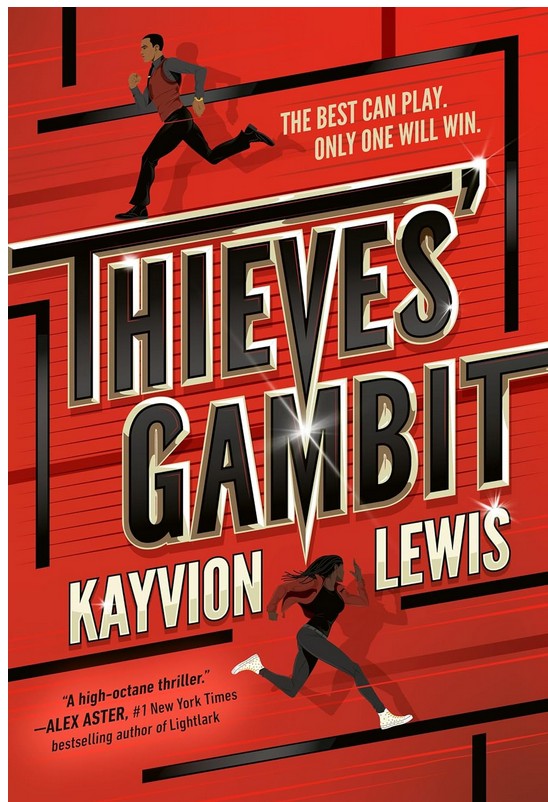
Thieves’ Gambit #1
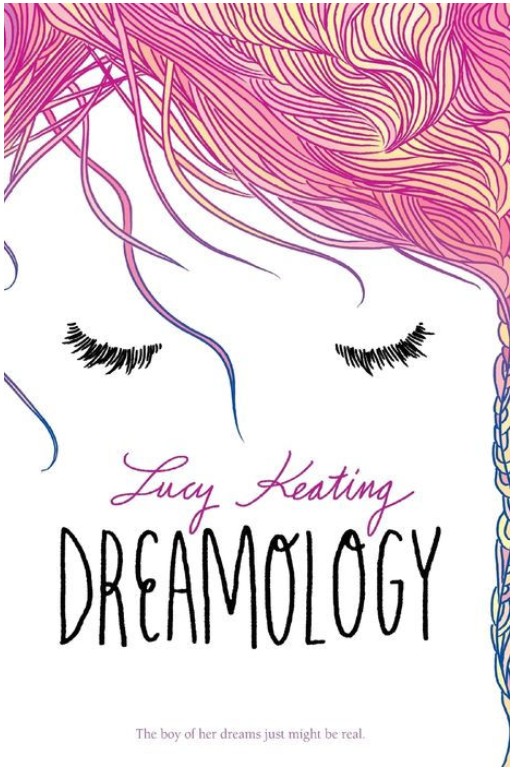
Dreamology
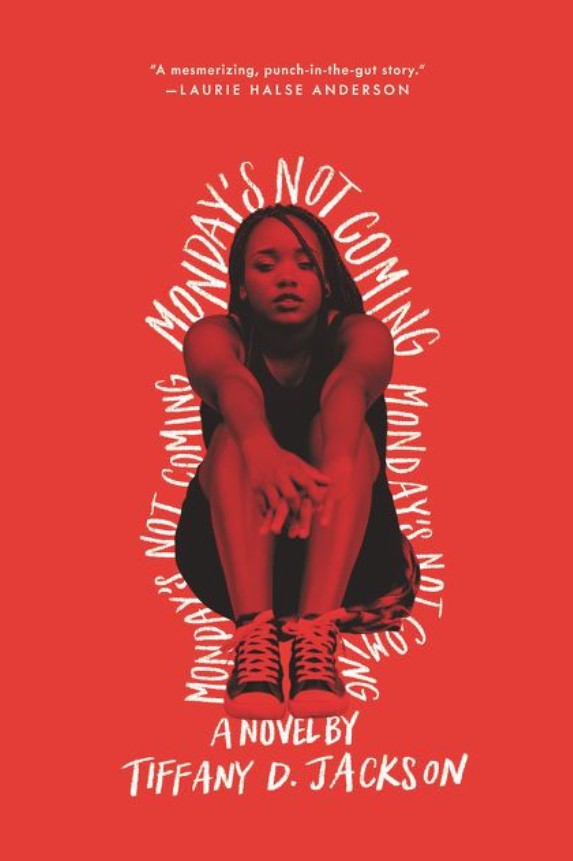
Monday’s Not Coming
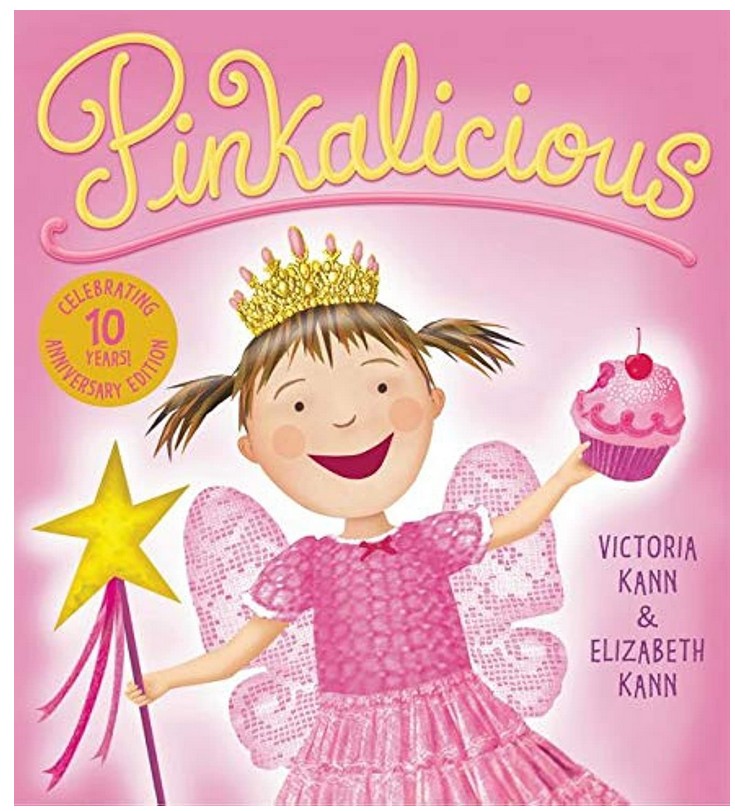
Pinkalicious

Driven

Goodbye Days

Blood of Troy

Will’s Race for Home

